১০ ফাল্গুন ১৪৩২
Chief Advisor Yunus Emphasizes Need for Clean and Affordable Energy Solutions in Bangladesh
19 September 2025 16:09 PM
NEWS DESK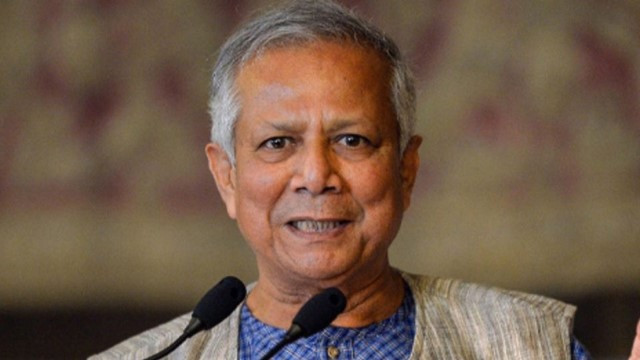
Professor Muhammad Yunus, Chief Advisor to the interim government, has emphasized the urgent need for Bangladesh to transition towards clean, safe, and affordable energy solutions in order to ensure sustainable economic development.
Speaking at a virtual conference on Thursday evening with Carl Page, Chairman of the Anthropocene Institute, and his colleagues, Professor Yunus highlighted that as one of the world’s most densely populated and climate-vulnerable countries, Bangladesh cannot afford to remain dependent on fossil fuels for much longer.
“It is high time for Bangladesh to seriously consider clean energy alternatives, particularly large-scale solar power generation,” said Professor Yunus.
Carl Page, brother of Google co-founder Larry Page, shared insights on next-generation nuclear technologies and hybrid systems that offer reliable, zero-carbon energy. He presented floating, barge-based nuclear reactors as cost-effective, low-maintenance solutions capable of powering Bangladesh’s rapidly growing industrial sector for decades.
Page also noted that nuclear energy is no longer a taboo topic for major development finance institutions such as the World Bank. Countries like Indonesia, he said, are already adopting these technologies to meet rising energy demands.
According to Page, Bangladesh's strong track record in innovation positions it to take a leading role in the global clean energy transition. He argued that such a move would foster job creation, stabilize energy prices, and enhance the competitiveness of the country’s industrial sector.
“Bangladesh could emerge as a strategic hub for emerging technologies and take a peaceful leadership role in nuclear innovation,” he added.
Professor Yunus noted that the interim government has recently drafted a new national power policy aimed at accelerating the adoption of solar energy. However, he stressed the need for in-depth research and feasibility assessments before making any decisions regarding nuclear power.
“We must explore these opportunities, but there is a need for thorough investigation into these promising technologies. One thing is certain—Bangladesh must significantly reduce its dependence on fossil fuels,” Yunus said.
Also present at the meeting were Chowdhury Ashiq Mahmud bin Harun, Executive Chairman of the Bangladesh Investment Development Authority (BIDA), and Lamia Morshed, Senior Secretary and SDG Coordinator.









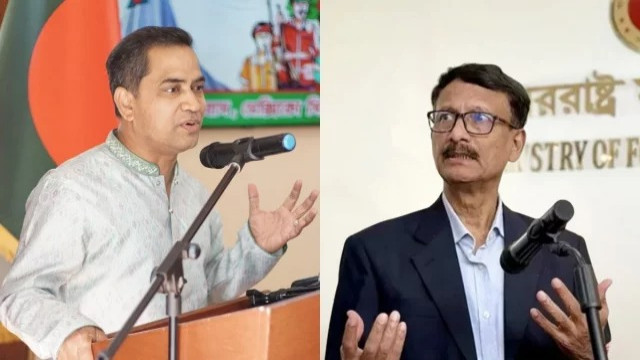



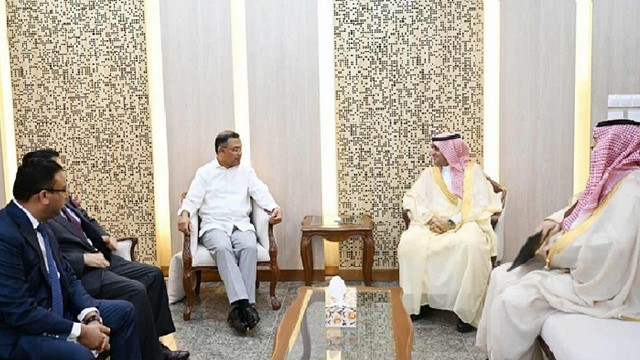


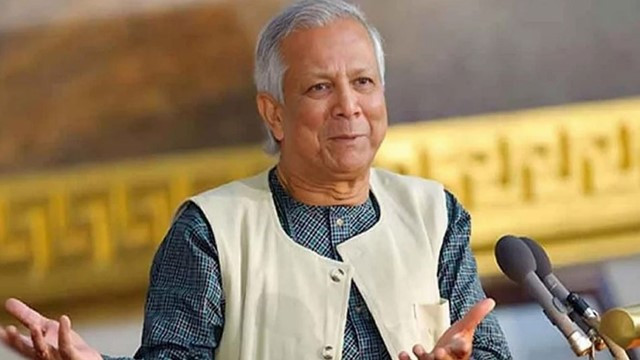
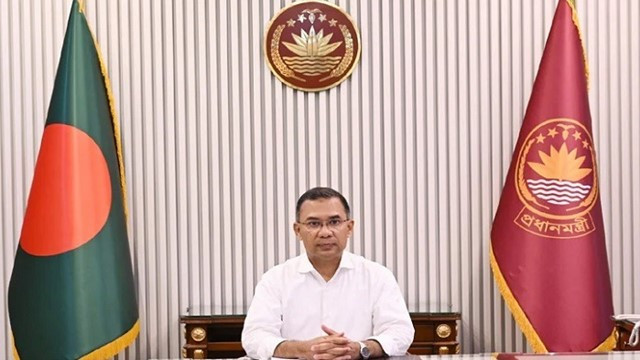

Comments Here: